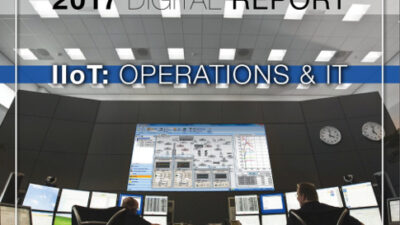Many believe that if there are no ground loops present, there’s no need to isolate analog I/O signals. Five common challenges beyond ground-loop nightmares present ample reasons to isolate every analog signal, according to Dataforth Corp .
Reasons to isolate analog I/O signals are:
1. Signal crosstalk;
2. Common-mode voltages;
3. DC common-mode rejection;
4. AC common-mode rejection; and
5. Over-range and input protection issues.
Use of isolated signal conditioners can resolve each problem, Dataforth says, including three-way isolation to eliminate cross-talk difficulties, continuous overload protection, reverse polarity protection, and ANSI / IEEE C37.90.1 transient protection. The company offers an application note called “ Why Isolate ,” (Application Note AN116) with more details about recognizing these problems and how isolated signal conditioners can help.
—Mark T. Hoske, editor-in-chief, Control Engineering,
[email protected]


